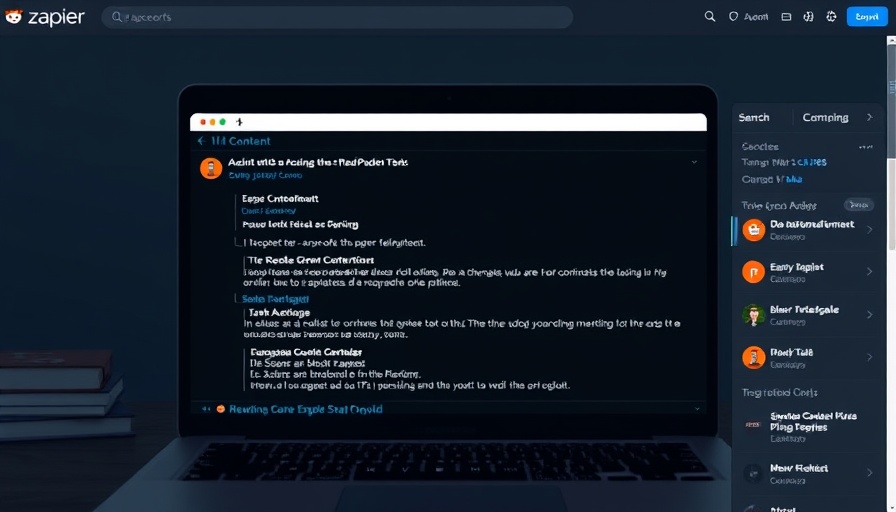
The Rise of Artificial Intelligence in Marketing
In recent years, the intersection of artificial intelligence (AI) and marketing has reached new heights, revolutionizing how brands connect with consumers. AI technologies, such as machine learning and predictive analytics, are providing unprecedented insights that allow marketers to tailor experiences and strategies based on customer behavior and preferences. According to industry reports, approximately 80% of marketing professionals believe AI will revolutionize their field in the coming years.
Why Marketing Professionals Must Embrace AI
As automation and data-driven insights become increasingly integral to successful marketing strategies, professionals in the field must adapt to this shift. AI provides tools that not only enhance efficiency but also improve personalization. For instance, AI-driven platforms can analyze consumer data at scale to identify trends and tailor advertising campaigns, leading to higher engagement and conversion rates. This capability marks a significant shift from conventional approaches that relied heavily on generalizations.
Addressing Common Misconceptions About AI in Marketing
Despite its advantages, misconceptions about AI persist among marketing professionals. Some fear that reliance on AI might lead to impersonal customer interactions. However, the opposite is true; AI enhances personalization through predictive analytics and machine learning. This means brands can deliver highly relevant content and offers tailored to individual preferences, creating a more profound connection with their audience.
Future Trends: The Impact of AI on Marketing Workflows
Looking forward, the impact of AI on marketing workflows will be profound. Automation of repetitive tasks will free professionals to focus on strategic thinking and creativity. As AI continues to evolve, marketers will increasingly use voice and visual search capabilities, thanks to advancements in natural language processing and computer vision technologies. Additionally, algorithms will become better at interpreting emotions and consumer sentiment, creating even richer data sets for strategic decisions.
Making Informed Decisions: Tools and Resources for AI Adoption
To successfully integrate AI into marketing strategies, professionals should familiarize themselves with various tools and techniques tailored for marketing applications. Platforms like Google Analytics now provide advanced machine learning features, enabling marketers to gain insights into user behavior and fine-tune campaigns accordingly. Moreover, resources such as industry webinars, articles, and online courses are instrumental in fostering a deep understanding of AI’s capabilities and advantages.
The Human Element: Why Emotional Intelligence Still Matters
While AI provides robust data analytics, it’s crucial to remember that marketing ultimately hinges on human connections. Emotional intelligence—the ability to understand and manage emotions—remains vital in steering brand narratives and maintaining authenticity. As marketers incorporate AI, blending analytical prowess with emotional intelligence can lead to more effective storytelling and stronger brand loyalty.
In conclusion, the future of marketing stands at the crossroads of data and emotion. For professionals eager to thrive in this dynamic landscape, embracing AI while retaining the human touch is essential. As the tools continue to evolve, so must our strategies, ensuring we always place the customer at the core of our efforts.
 Add Row
Add Row  Add
Add 




Write A Comment